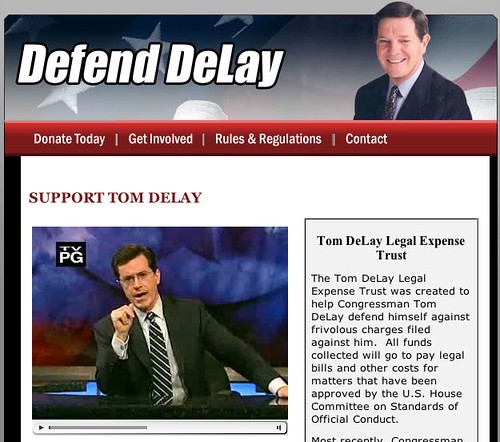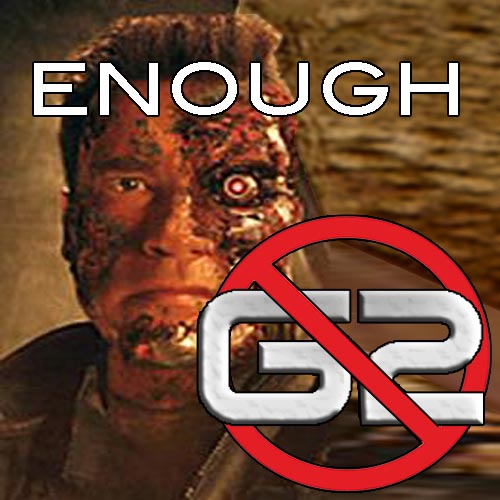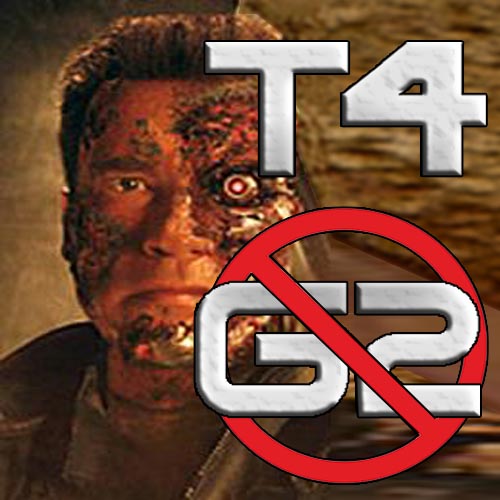While there is a legitimate question of whether running this story could have at least limited the damage by giving the people in New York a heads up so they would figure out exactly what was going on when the FIRST plane hit, the bigger question is why someone in the White House had enough information to pass on this warning to a reporter who took it seriously, but the highest levels of the Bush administration ignored the same information.
This story indicates that part of why this story may have been leaked was a desperate effort on the part of the leaker to force the administration to act, which of course they did not do in any meaningful way until the attack was nearly over.
There is a chance there may be another terrorist attack before Bush attacks Iran.
http://professorsmartass.blogspot.com/2006/02/how-and-why-bush-will-invade-iran.html
It's worth remembering that at the very least, the Bush people sat on their hands and let Americans die when it was convenient for their agenda.
KEY EXCERPTS:
AlterNet
The Burial of the 9/11 Story that Got Away
By Rory O'Connor, AlterNet
Posted on May 25, 2006
http://www.alternet.org/story/36651/
Last week, William Scott Malone and I broke the story of how a still anonymous, senior White House official leaked top-secret NSA intelligence in 2001 to then-New York Times reporter Judith Miller. The intelligence indicated that Al Qaeda was planning a major attack on the United States. But the "The 9/11 Story That Got Away" never made it into the paper.
It never made it to the attention of top Times executive Bill Keller either. Keller, now executive editor of the paper, was managing editor in July 2001. But he was kept in the dark when Miller's "impeccable" source first revealed details of highly classified signals intelligence (SIGINT) concerning an impending Al Qaeda attack, perhaps to be visited on the continental United States. The NSA had been listening in on a conversation between two members of Osama bin Laden's terror network. One was overheard saying to the other, "Don't worry, we're planning something so big now that the U.S. will have to respond."
****
Then there's the issue of leaks, when 'papers of record' like the Times are used as ammunition in Washington's endless bureaucratic "turf wars" that seem endemic to its peculiar nexus of media, politics and power. Miller's interview reveals much about how the game is played at the highest levels: "I got the sense that part of the reason that I was being told of what was going on was that the people in counter-terrorism were trying to get the word to the president or the senior officials through the press, because they were not able to get listened to themselves," she explained. "Sometimes, you wonder about why people tell you things and why people … we always wonder why people leak things, but that's a very common motivation in Washington."
****
Ultimately one can't help but wonder - if only… If only the Times had put something, anything, in the paper about the threat of an impending Al Qaeda attack "so big now that the U.S. will have to respond," perhaps the attack might have been averted. Or perhaps the people in the second World Trade Center tower would have known that the first plane to hit was a terrorist attack, and evacuated the building, saving hundreds of lives. Passengers on the hijacked planes that hit the WTC and the Pentagon might have reacted like those on United Flight 93.
FULL TEXT:
http://www.alternet.org/story/36651/
9/11 warning iraq war judith miller terrorism oil judy miller president george w bush osama bin laden leaks counter-terrorismsenior White House official Rory O'Connor William Scott Malone republican GOP conservative corruption occupation halliburton political humor colonialism white mans burden professor smartass iraq irannuke bunker buster corporationfascism democracy political opinion agent provocateur george w bush war on terror opinion foreign policy al qaeda false flag cointelpro northwoods terrorist worst president ever failure war criminal idiot retard closet gay karl rove puppet fascist smartass comments resistance censored news rebel








